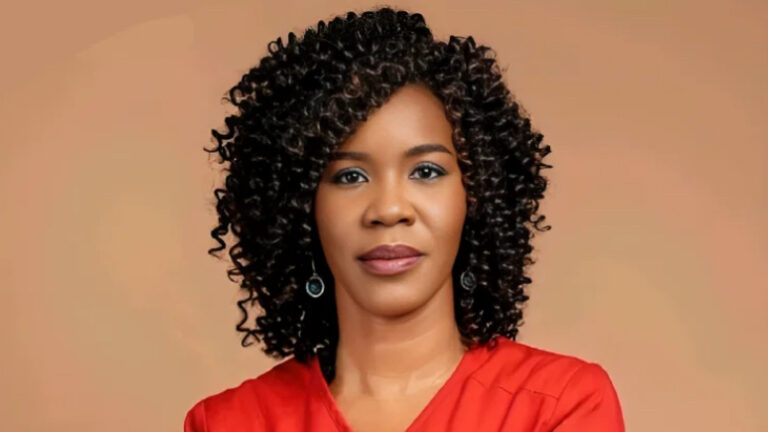Miriam Mutebi shared on LinkedIn:
“‘No one wants to promote you; they see you as a coffin in waiting,’ confided one of my patients who, after treatment, watched less-qualified colleagues rise in ranks while she remained stagnant.
Another patient pleaded, ‘Please don’t write that I have cancer—my employer will fire me,’ fearful as two previous coworkers had been dismissed after disclosing their diagnoses.
This is, unfortunately, the legal face of cancer in Africa and the lived reality for many patients, who deal with not only the physical and emotional toll of the disease but the legal and workplace discrimination that compounds their suffering. The financial toxicity of cancer is severe, but the time toxicity—the relentless demand for patients’ time for treatments like chemotherapy—is a burden that exacerbates their vulnerability.
In Europe, the ‘Right to be Forgotten’ law allows cancer survivors to have their diagnosis removed from employment records, helping to prevent discrimination and facilitate reentry into the workforce. While Africa is not yet there, it’s imperative to begin considering such legal protections to shield patients from workplace discrimination.
Other Legal Challenges:
- Access to Care: Inadequate healthcare infrastructure and legal systems fail to prioritize cancer, creating disparities for marginalized groups: women, rural populations, and the economically disadvantaged.
- Patient Rights and Informed Consent: Recognition of patient rights is limited, with many lacking a full understanding of informed consent, leading to ethical and legal concerns.
- Intellectual Property and Access to Medicines: IP laws often restrict access to affordable cancer medications. Reforms for compulsory licensing and generic drug imports could improve accessibility.
- Palliative Care and End-of-Life Issues: Inadequate laws on pain management and end-of-life care result in unnecessary suffering and ethical challenges for health care providers.
The McCabe Centre for Law and Cancer, launched in 2012, is pioneering efforts to shape laws that protect those affected by cancer. This is crucial, as cancer not only devastates health but pushes millions into poverty due to expensive treatments and lost wages.
AORTIC- Africa in partnership with the International Cancer Control Partnership (ICCP), is helping member countries develop and expand national cancer control policies, a vital step toward equitable access to care. Aligning with global initiatives like the 2030 Agenda for Sustainable Development moves us toward a future where no one is left behind.
It’s worth noting that tackling the legal aspects of cancer care in Africa requires a multifaceted approach that includes: updating laws, safeguarding patient rights, improving access to affordable medications and treatments, and promoting comprehensive palliative care.
When all is said and done legal reforms are not only for justice but also for saving lives and upholding dignity in cancer care.”
Source: Miriam Mutebi/LinkedIn
For more posts by Miriam Mutebi, visit oncodaily.com
Miriam Mutebi is a Breast Surgical Oncologist and Assistant Professor in the Department of Surgery at the Aga Khan University Hospital in Nairobi, Kenya. She is also the Vice-President of East Africa of the African Organization for Research and Training in Cancer (AORTIC), treasurer for the Kenya Society of Hematology and Oncology (KESHO) and on the Board of Directors of the Union for International Cancer Control (UICC).
She is the co-founder of the Pan African Women’s Association of Surgeons and is part of the Kenya Association of Women Surgeons. She is an avid supporter for the education and support for women, especially in surgery and she aims to provide mentorship for women in surgery and to improve women’s health and surgical care in Africa. She is currently pursuing a pilot’s license in order to extend breast care services to marginalized areas.



